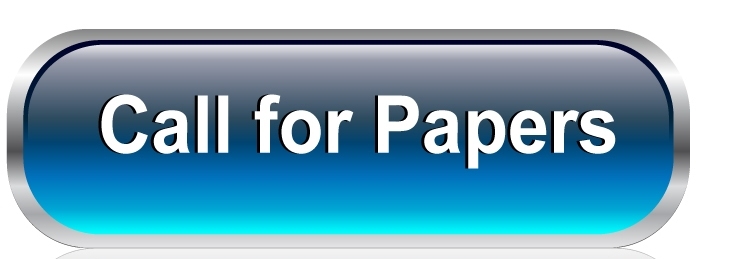 Contemporary Experimental Women’s Writing
Contemporary Experimental Women’s Writing
Keynote lecture: Dr. Rachel Carroll (University of Teesside)
Special guest speaker: Ali Smith
This one-day symposium – under the aegis of the Contemporary Women’s Writing Association – therefore sets out to investigate, analyse and celebrate the more experimental end of the wide spectrum of women’s writing since the 1960s. Like Friedman and Miriam Fuchs’ Breaking the Sequence (1989), the symposium aims to be both ‘archaeological and compensatory’, attending to established and emerging authors alike, and asking what counts as ‘experiment’ within contemporary women’s writing. What are the uses of experiment for women writers? What varieties and what degree of experimentalism can we trace in contemporary women’s writing? And how might an attentiveness to different manifestations of experimentalism broaden and complicate our understanding of ‘women’s writing’ as a (fraught) category?
The organisers invite papers on a range of topics and authors, including, but not limited to:
- The meanings, definitions and uses of ‘experiment’ in contemporary women’s writing
- The gendering of experimental writing, and of that writing’s reception, in the contemporary period
- Experimental prose, poetry, drama, life writing, non-fiction and art writing by women
- New readings of established, canonical authors such as Angela Carter, Ali Smith, Jeanette Winterson, and others
- Experimental women writers who have, to date, received relatively little critical attention, such as Kathy Acker, Rachel Blau DuPlessis, Christine Brooke-Rose, Maxine Chernoff, Lydia Davis, Eva Figes, Nikki Giovanni, Barbara Guest, Lyn Hejinian, Susan Howe, Bernadette Mayer, Suniti Namjoshi, Alice Notley, Ann Quin, Michèle Roberts, Sonia Sanchez, and others
- Emerging experimental voices such as Naomi Alderman, Jennifer Egan, Chris Kraus, Lynne Tillman, and others
- The experimental fiction of women theorists and critics, such as Hélène Cixous and Monique Wittig
- ‘Other Poetries’ by, for example, Lucille Clifton, Emily Critchley, Carrie Etter, Jorie Graham, Marianne Morris, and Zoë Skoulding
- The late works of modernist authors such as Jean Rhys, Anaïs Nin, and others
- Experimental women’s writing in translation, including the works of Isabel Allende, Marie Darrieussecq, Marguerite Duras, Elfriede Jelinek, Clarice Lispector, Marlene Streeruwitz, Nathalie Sarraute, Luisa Valenzuela, Christa Wolf, and others
- The sampling and deployment of ‘experimental’ techniques within otherwise ‘realist’ works by women writers such as Toni Morrison, Joyce Carol Oates and Zadie Smith
- Postmodernist writing by women
- Reading the legacies of modernist experiment in contemporary women’s writing
- Multimodal literature by women
- Experimental presses
- The digital revolution and related experiments in the form and genre of women’s writing, e.g. in hypertext literatures, collaborative compositions, digital and interactive writing
Please send abstracts of c.300 words and a brief bio to Kaye Mitchell at
kaye.mitchell@manchester.ac.uk by Friday 3rd May 2013. Proposals for panels of three interlinked papers are also welcome.
Dr. Kaye Mitchell (University of Manchester)
Dr. Becky Munford (Cardiff University)
The FWSA mailing list is for the exchange of ideas and information related to Feminism, Gender and Women’s Studies. We do not undertake editorial control of postings; viewpoints and information posted to the list do not necessarily represent the views of the Association. We encourage respectful communication on the list and ask that questions related to specific postings be directed to the appropriate party.